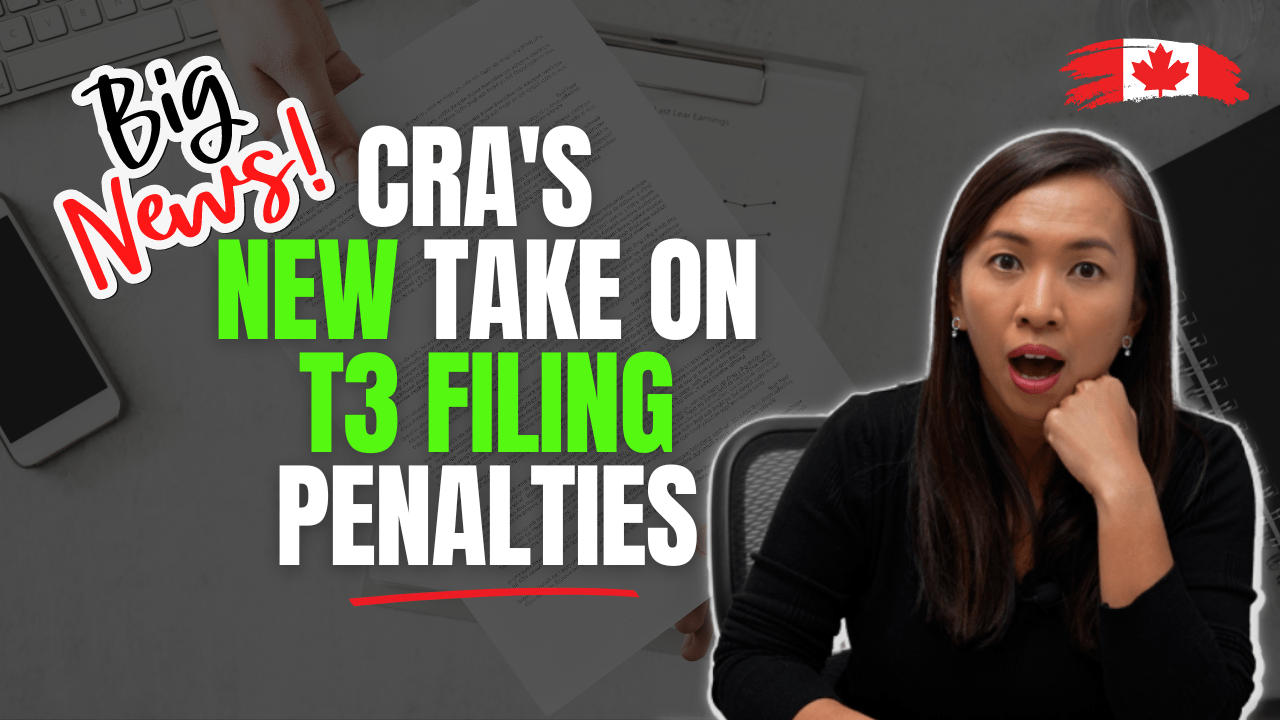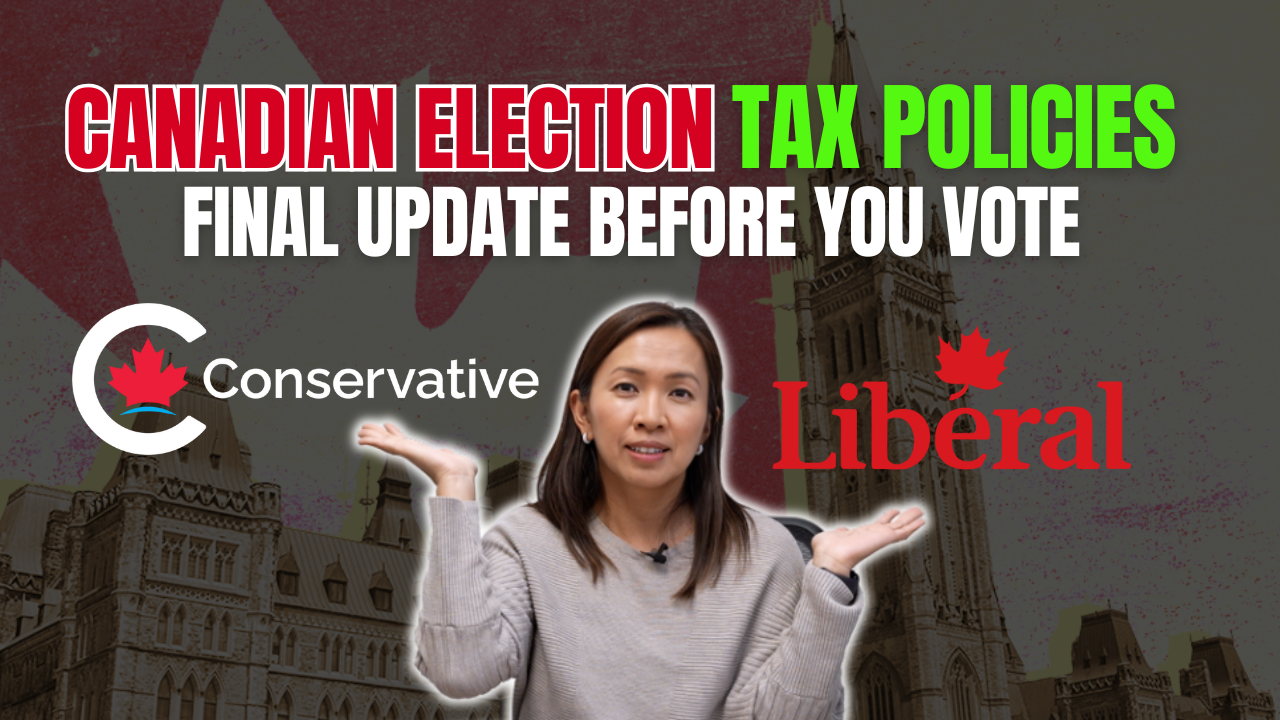You might recall my previous post where we dissected the new reporting rule affecting real estate investors, particularly revolving around the implications of bare trust arrangements and the requirements for T3 trust income tax and information returns. If you missed it, check it out here or watch the video below for a full breakdown of the rules and how they could impact your investment strategy.
Now, let’s talk about the latest twist in the tale. Recently, the Canada Revenue Agency (CRA) announced an important update that brings a new perspective to these rules, especially for those grappling with the T3 filing requirements.
The Initial Concern:
The CRA initially waived late filing fees for the first year of the new reporting requirements for bare trusts. However, the threat of gross negligence penalties remained a significant concern.
The penalty framework that could be applied under circumstances where the taxpayer either “knowingly or under circumstances amounting to gross negligence” fails to file a return.
What does this mean for us as real estate investors? Simply put, this language puts a magnifying glass on the intentions and actions behind the failure to file. It’s not just about missing a deadline; it’s about the awareness and attitude with which these obligations are approached. If the CRA deems that the failure to file was due to gross negligence – a term that implies a significant departure from a reasonable standard of care – or was a knowing action, substantial penalties can be imposed.
The potential implications here are significant, particularly considering the penalty amounts of $2,500 or 5% of the fair market value of the property held in the trust, whichever is greater. It highlights the importance of not only adhering to filing deadlines but also ensuring that the filings are done with due care and diligence.
CRA’s Guidance Dated March 12, 2024:
The CRA has adopted an education-first approach towards compliance with the new filing requirements. The CRA’s guidance is aimed at clarifying how they plan to assess gross negligence penalties. The key takeaway is that the CRA will be looking for genuine efforts to comply with the reporting requirements. If you did not file, CRA caught up to you, and you’re able to show genuine efforts that you’ve tried everything you can to file, you will no longer be assessed gross negligence penalties for your bare trust filing.
However, there’s still a lack of detailed guidance on what constitutes sufficient effort to avoid gross negligence penalties.
What This Means for You: The update suggests that the CRA will apply a fair and reasonable approach, but this doesn’t eliminate the need for caution and diligence. Deliberate disregard or significant errors can still land you in hot water. This puts us in a tricky situation – the guidance is somewhat helpful but doesn’t completely clarify the ambiguities.
My Thoughts: To avoid the stress of proving your diligence to the CRA, the safest bet is to file on time. While the CRA’s recent update is a step in the right direction, it leaves many questions unanswered. The lack of clear guidance adds to the complexity of complying with these new rules.
Final Thoughts: In light of these updates, it’s more crucial than ever to be meticulous and proactive in your tax filings. If you’re feeling uncertain or overwhelmed, seeking advice from a tax professional is wise. It’s better to be safe and on time than to navigate the murky waters of potential penalties.
Stay informed and diligent as we continue to unravel the complexities of real estate taxation.
Until we meet again, stay savvy in your real estate ventures!
Cherry Chan, CPA, CA
Your Real Estate Accountant






Antonio Ruggiero
Sherry, Excellent!
Very useful presentation on such confusing Bare Trust filing requirements.
I now have a good grasp & understanding of how it works.
Thank you!